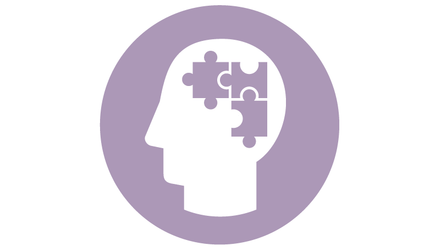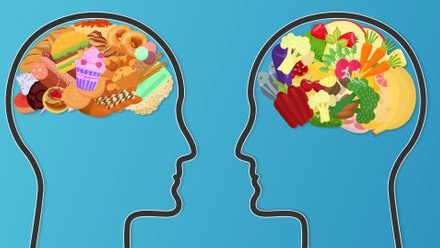People living with Severe Mental Illness (SMI) have 10 – 20 years shorter average life expectancy than the general population, with physical health issues being the most significant contributing factor to the shortened life expectancy.
Importantly, many of these physical health concerns such as malnutrition, cardiometabolic syndrome, diabetes and cardiovascular disease are preventable.
The risk factors are multifactorial:
- Psychotropic Medications can cause lethargy and increased appetite, leading to weight gain. Then the associated risk factors of obesity: 15 – 72% people with SMI taking antipsychotics experience iatrogenic weight gain
- Disparity in healthcare access
- Lifestyle choices
- Obesogenic environments
- Poor oral health
The role of the mental health dietitian is varied and the impact that they can have is significant. From working with individuals at the start of their mental health journey, working on health promotion and disease prevention, to diabetes and cardiovascular disease management.
They also work with the challenges faced by the person living with mental illness and their friends, family and carers.
One of the key skills of a mental health dietitian is working in a behaviour change model, supporting people to understand why they make the choices they make and work with them on lifestyle changes that will support them to reach their goals.
Dietitians work in many areas in mental health settings:
- Child and Adolescent Mental Health Services (CAMHS)
- Adult Mental Health – early intervention to severe mental illness (SMI)
- Forensics
- Older Adults – functional and organic
- Learning Disabilities
- Eating Disorders
- Drug and Alcohol Services
- Perinatal
A Mental Health Dietitian can work in many areas from health promotion, disease management, Specialised Services such as CAMHS and Eating Disorders, to research.
The work is varied involving patients, carers, healthcare professionals, catering services, national policy makers, and is the ideal job for a dietitian that wants to work across all services from primary to tertiary care.
Food and Mood
This is a popular phrase that is often bandied about, but what does it mean. What we do know is that a Mediterranean Diet has been shown to have a positive impact with depression.
Those following a diet rich in fruit and vegetables, whole grains, nuts and pulses, unsaturated fats, oily fish and lean meats have significant improvement with depressive symptoms compared to those following a standard Western diet.
That being said, diet cannot replace treatment from a multidisciplinary team, but it can play a vital role in the overall management.
The gut-brain axis: New area of research – Nutritional Psychiatry
Recent studies support the connection between the quality of diet, gut microbiota and mental health through regulation of metabolic functions, anti-inflammatory and anti-apoptotic properties and the support of neurogenesis.







